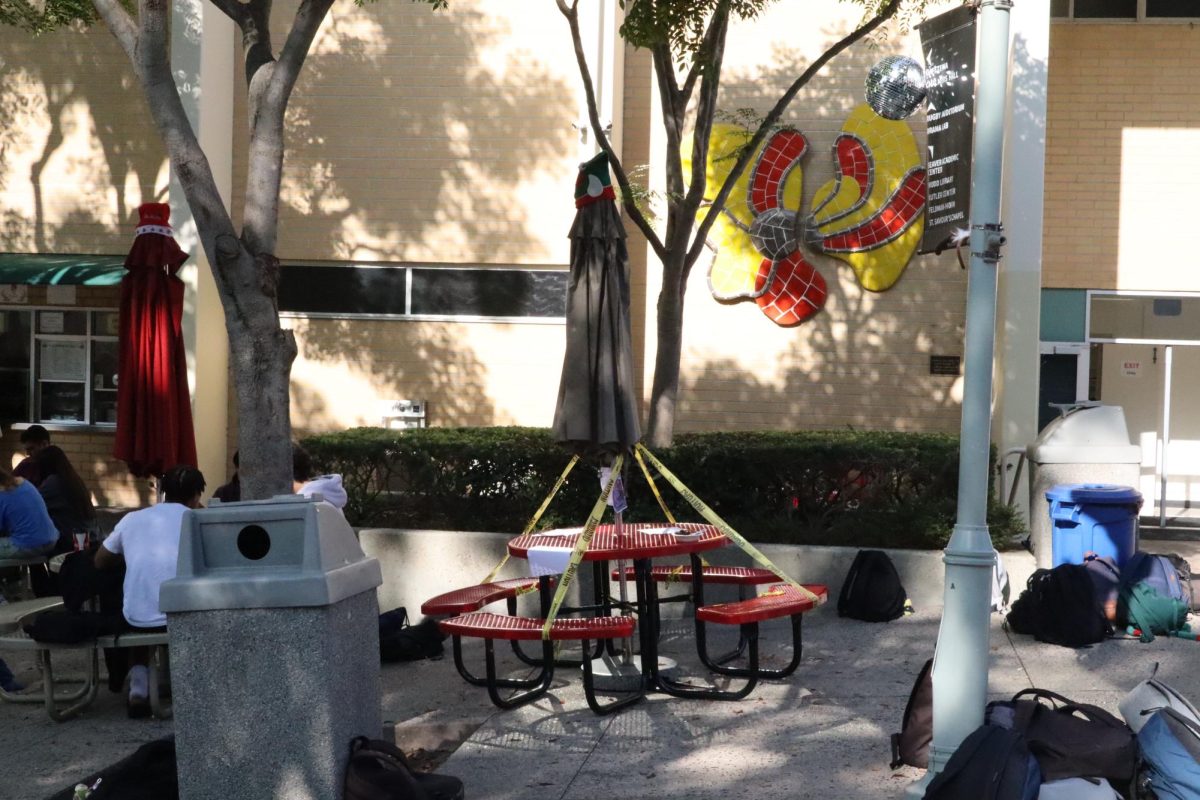By David Lim and Michael Rothberg
Our friends take “practical” languages that they can “speak” with living people. They travel abroad to immerse themselves in living cultures. Their languages can be tools that help them connect in an ever-globalizing world. But over the years, we’re glad we’ve stuck with Latin. Of course, we’ve heard slanderous accusations that Latin is a “dead language.” People say that it is impractical. They say we only took it too boost our SAT score with obscure Latin derivatives like “ambulance,” “Argentina” and “beef.”
Nonetheless, we were willing to spend an entire year deciphering the intricate epic poem, the Aeneid by Virgil. We read about the trials and tribulations of the dutiful Aeneas on his journey to found Rome and carry out his divine fate.
But this city-founding, god-fearing, war-waging hero proved to be surprisingly insightful and relevant to the lives of us, two teenagers living in 2012 Los Angeles. Removed from the subjects of our texts both by time and space, we are enabled to observe the most basic human tendencies, which are otherwise shrouded by social conventions and modern culture.
Our connection with Latin is a uniquely personal one. When we look at the works of Roman authors, there is nothing between us and the words written over two millennia ago. Every time we translate Latin, we explore a complex and vibrant society, bustling with vicious politics, compelling characters and profound ideas.
Each reader can react differently to the same text, for we freely interpret the messages put forth by these writers in reference to our own lives. As juniors, we certainly can all sympathize with Aeneas’ struggle to understand a world that throws challenge after challenge at us. His wanderings through a vast and seemingly endless expanse of ocean to reach a new land bore an uncanny resemblance to our trek through ceaseless homework and tests. Like him, we have even questioned whether all of our efforts were worth it.
By the time we arrive at the Upper School, those who have stayed with the Latin program are part of a tight-knit community. Together, we commiserate over an absurdly large volume of translation. We draw parallels between our daily lives and the experiences of mythological characters like Aeneas or Jupiter. In our English classes, we manage to bring obscure figures of speeches, known only to fellow Latin scholars into our discussions of Darl, Gatsby and Sethe.
The Latin teachers at Harvard-Westlake have consistently been some of the most devoted and passionate teachers we have encountered. With every class they share their unequaled enthusiasm for the Latin language and Roman culture with us, their eager students. They make even the more tedious topics in grammar interesting and even humorous.
Like the Sibyl who guided Aeneas through the underworld in a surreal journey, our Latin teachers have taken us through Harvard-Westlake have left us imbued with a classical perspective that will likely shape our lives for years to come.
Perhaps, the slanderers have some truth in saying Latin is dead with no native speakers to find anywhere. But its legacy continues to thrive today. We’re not talking about the 700 million speakers of Latin-derived Romance languages or the fact that the majority of English words come from Latin. Maybe Latin is dead, but the teachers at Harvard-Westlake bring it to life.

































